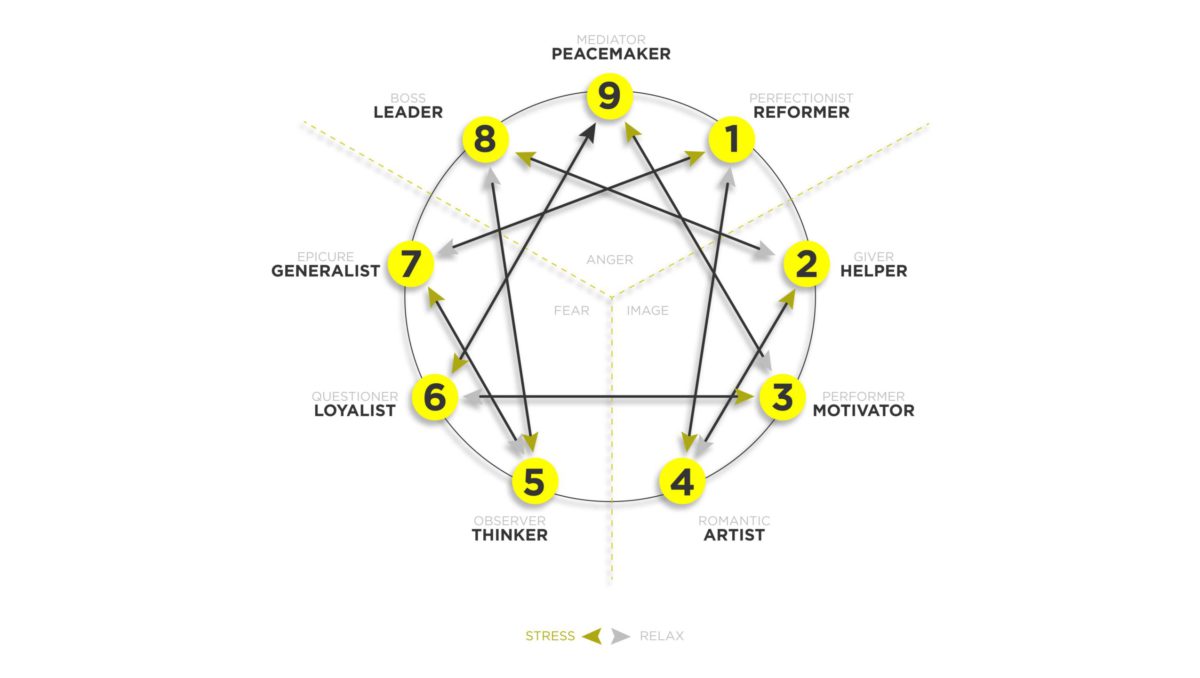When the phrase “valuable team member” is said, we automatically think of someone with a cocktail mix of traits that range depending on their industry. For people in marketing, it’s the most innovative, smooth talking person who’s quick on their feet. For those in tech, it’s the most efficient, highly astute team leads that seem to get the work done. For the sciences, it’s the person with most knowledge and skill, with a propensity for mentoring.
Unquestionably so, the value of a team member differs with their work culture. However, they all share common traits that can be utilized by anyone willing to rise the ranks. The subject of what makes a stellar person to work with has been a topic of many articles of research.
CEO of LinkedIn, Jeff Weiner chimed in the discussion by sharing a Venn diagram of the best people he would love to work with. He stated that he loved people who:

Dream Big

Get things done efficiently

Know how to have fun.
This is remarkably like Rocket Station’s core values of doing the right thing, exceeding expectations and having fun while at it.
Weiner continues to discuss the kind of person he would love to work with.
He envisioned a person who dreamed big on a scale that was highly inspirational but within reason, coupled with the ability to make it happen and produce work that is exceptional and cultivate curiosity and wonderment while at it.
At first one would think that it is simply an opinion; but is it really?
A study held in 2019 and published in the International Association of Applied Psychology examined the personality traits and moral values that contribute to the well-being, resilience and job performance of an individual.
They have discovered that a variety of traits offer a higher possibility of achieving higher job performance and over all better productivity at work. They have developed the following findings:

Positive work experiences play a pivotal role in promoting resilience for individuals in the workplace.

Resilience is associated with job satisfaction via job performance.

Extraversion is associated with emotional well-being.

Well-being is directly proportional to job performance.

Universalism and benevolence play a positive role.
In a nutshell, they concluded that people who are more resilient and show signs affiliated with extraversion are more likely to have better job performance and become better teammates. This is not to blanket state that extroverts are all better than introverts. The findings in this study suggest the qualities associated with extraversion, which is being warm, gregarious, assertive and exhibit positive emotions are more likely to have productive work outcomes. These traits also make people more capable of caring for others.
In this study, they focused more on one trait and that was: RESILIENCE. They say the better people are not just people who are positive and assertive, they are people who know how to pivot when things do not go according to plan and remain steadfast even during times of difficulty.
At Rocket Station, we place value in developing our people and helping them in becoming better versions of themselves. Subscribe to have unlimited access to all blogs and articles published in our Rocket Station Community.
RELATED STORIES
SHARE
POST A COMMENT
























































rs_ph_website
March 19, 2021
1:06 pm
0 comments